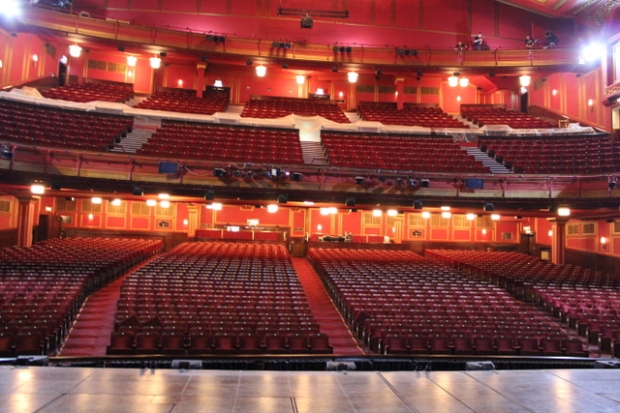In March I did my first ever author visit via Skype with the wonderful staff and students at Strothoff International School, Frankfurt, who I met last autumn as part of a series of events around the Frankfurt Book Fair and my shortlisting for the Deutsche Jugendliteraturpeis.
Our lesson focused on ‘showing’ versus ‘telling’ in writing descriptions as part of their ‘Snapshots’ unit of study. We talked about
- using all of our senses.
- how to convey social and cultural nuances of context through dynamic dialogue involving conflict.
- using precise, specific language to convey more (e.g. through descriptive verbs).
The wonderful students who attended this class have kindly shared three of the beautiful vignettes they wrote following our session. Thank you so much to the whole class, the lovely teachers who assisted the session, and the parents who gave their permission for this work to be posted here. Please do comment below to share your feedback and appreciation for these incredibly talented young writers!
Don’t cross the line
Luca von Seydlitz
Where is it? Tension builds up as the clock prepares to take another spin. Time ticking. Threatening to run out. You have no choice. Time is an enemy that can’t be overcome, ruthless and unforgiving. 58. 59. 60. Another minute gone. Another opportunity lost. Another shortage of time. The place empties and your eyes dilate. You twitch. Can’t stay still anymore.
Where is it? As time passes, tensions become concern. Concerns become fear. Time keeps ticking. Threatening to trip you.
Where is it? The place darkens. You can’t wait. You walk up and down. Walking becomes rushing. You speed up.
Where is it? You walk faster and faster and take bigger and bigger steps. You hear a bell. Where is it? A kid begins to cry. Your fear becomes superlative. They’re watching you.
Where is it? Time runs out. With each passing minute they come closer. Fear becomes terror.
Where is it? Where is it? You turn around. They are right there. You jump up. You run and then…You slip…You fall. And then it arrives…
…You have made it…
Walking Quickly
Eva Wedig
The first rule about being a girl in Morocco is that you have to walk quickly, and keep your head down.
Inside their houses the women yell at the characters on TV, and they tell anyone and everyone exactly what they think. They spend an hour in the bath, and another two on breakfast. They laugh when you try and pull your pajama shirt away from your chest, because they find your futile attempt at hiding your breasts adorable, and make it very clear that modesty is not a concept familiar in their household. They flaunt and they demand, never quiet, never timid.
But when they step outside, the layers pile up, and the women I know are gone. I see scarves sewing their mouths shut, the intricate swirls and colours suffocating them, the soft cloth wrapping around their hair and pushing their heads down. I see djellabas pushing them to the ground like weights on their shoulders, hiding their pride and confidence, extinguishing the fire that was once in their eyes. They are quiet, reserved, and careful.
They ignore the wolf whistles and the boys on the beach. They ignore the catcalls and the men slumped on the sidewalks. I learn to do the same.
I ignore.
I ignore, and walk quickly, and keep my head down.
Firsts
Mabrooka Kazi
Pud pud. Plod. Thud.
Sounds that find their way underneath my toasty warm covers. The strange rhythms and alien melodies whisper in my ears, urging me to get up, look up, stand up.
Wake up and see what’s happening in the world around me.
My breath leaves a trail of fog on the frosty surface of the window pane, obscuring and distorting the view beyond. The pixelated imagery makes it seem as if I am squinting through the depths of murky water. It takes a moment for my bleary, bewildered brain to remind me to wipe away the condensation and then I see.
I stop breathing.
This is not the world I closed my eyes to.
Silver and ivory, part and whole, frozen and melting, diverse yet infinitely repetitive, a creaking underfoot and a soundlessness.
An army of precious pearls paratroops downwards. Like silent thoughts, flitting in and out of the mind, snowflakes whirl away in a spiral of white. Falling and stumbling over every obstacle, yet making everything into one.
Equal.
The world stretched in front of me is white and white and white. Blanketed in snow, the difference between the neighbour’s immaculate lawn and ours is indistinguishable. Buried beneath this thick layer, the shiny newness of the latest car in the street is concealed just as effectively as the rusts and dents of the junkers.
Everything is pristine and unmarred by time.
Dummkopf.
Blödel.
Doesn’t she know that this isn’t packing snow?
Hasn’t she ever seen it?
I begin to shake in fury, my vision blurring until all I see is red. A biting insult takes shape in mouth and my lips part when suddenly I have a much cooler idea.
Raking my hand through the powdery snow particles, I scoop a handful and wield my weapon carefully.
Then I step back, take aim, and hurl my snowball at the retreating figures.
I’m so looking forward to my next Skype lesson with the school later in May. I’ll be teaching a ‘Diploma Programme Language and Literature’ class about authorial voice as it relates to intention through reason versus intuition.



